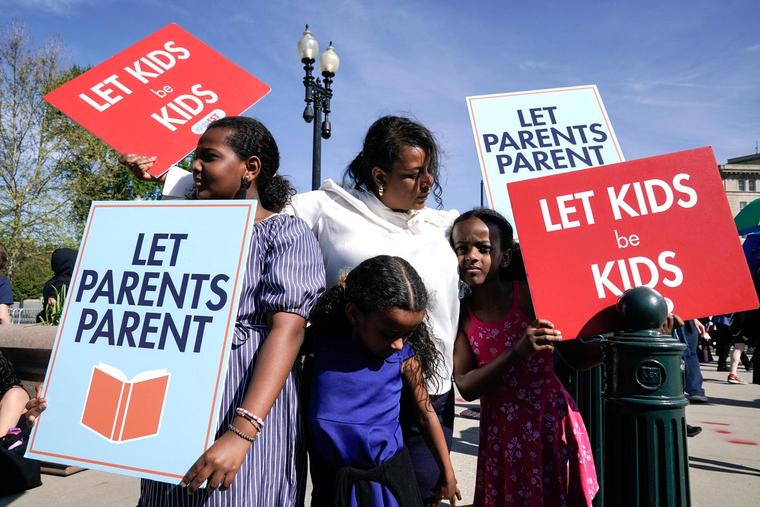Supreme Court Signals Sympathy for Parents' Faith-Based Education Fight

Protecting Parental Rights: A Critical Moment for Family Autonomy
The upcoming Supreme Court case of Mahmoud v. Taylor represents a pivotal moment in defining the fundamental role parents play in guiding and shaping their children's lives. At its core, this legal battle is about more than just a single dispute—it's about preserving the sacred trust and responsibility parents have in making critical decisions for their children's well-being.
Parents are not merely caretakers, but the primary architects of their children's moral, emotional, and developmental landscape. The court now stands at a crossroads where it can either reinforce this essential parental right or potentially erode the foundational principles of family autonomy.
The implications of this case extend far beyond the immediate parties involved. It touches on a fundamental question: Who knows and understands a child's best interests most intimately? The answer, overwhelmingly, points to parents who have nurtured, loved, and invested their lives in their children's growth and development.
As the legal proceedings unfold, the Supreme Court has a profound opportunity to send a clear message: parental rights are not negotiable, but a cornerstone of our social fabric. The decision will likely resonate for generations, setting a precedent that could protect the delicate balance of family dynamics and parental decision-making.
